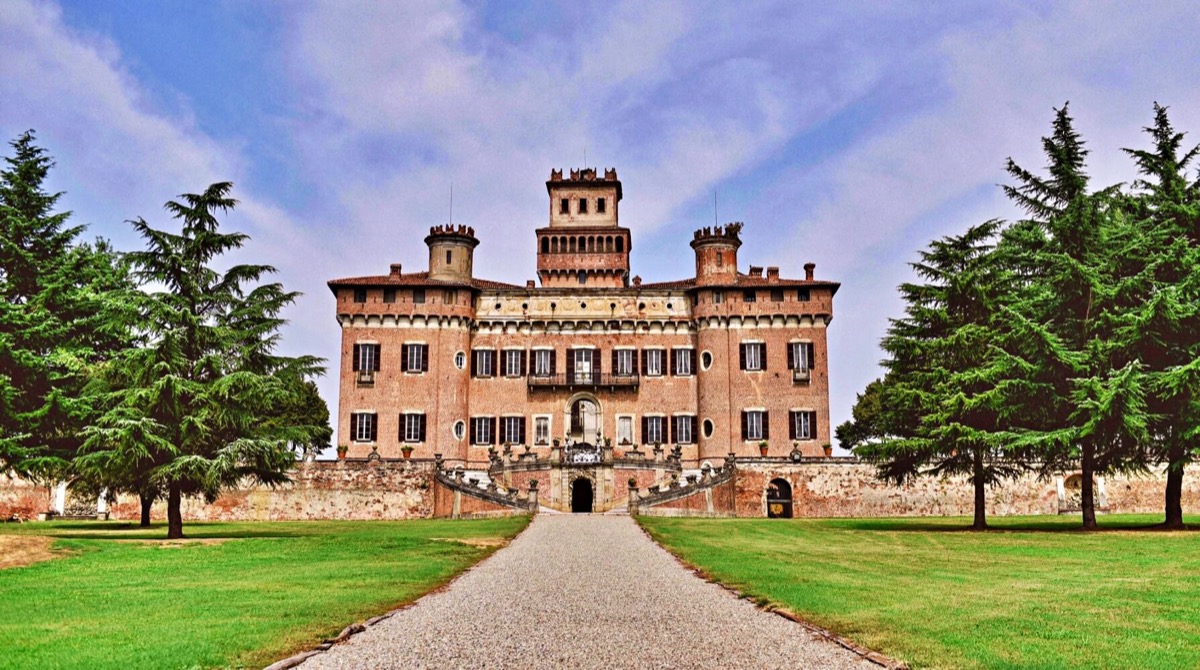The Castle of Chignolo Po
Provincia di Pavia Lombardia Italy
castle, chateau
Castello di Chignolo Po
Provincia di Pavia Lombardia Italy
castle, chateau
The oldest part of the Castle, originally a fortress erected on high ground, is the great Tower, from which it was possible to control a long stretch of the Po River (Cuneulus super Padum)
Il castello di Chignolo Po detto anche Castello Procaccini è un importante edificio difensivo della provincia di Pavia, sito nel comune di Chignolo Po
Previous names
The Castle of Chignolo Po, Castello di Chignolo Po
Description
The oldest part of the Castle, originally a fortress erected on high ground, is the great Tower, from which it was possible to control a long stretch of the Po River (Cuneulus super Padum). It is believed to have been built by King Luitprand around 740 C.E., when Pavia was the capital of the Lombards. Its purpose was to serve as a fortress and a stronghold for the defence of the Po and the “Via di Monte Bardone”, which subsequently came to be known as the Via Francigena-Romea, connecting Northern Europe with Rome.
In 910 C.E., King Berengar I gave the Rocca, or fortress, to the Benedictine monks of the Abbey of Saint Cristina, located just a few kilometres away, of which it became an integral part.
In 990, Sigeric, the Archbishop of Canterbury, travelling along the Via Francigena on his way back from Rome to Canterbury, designated the Abbey of Saint Cristina, with its Castle, as the 40th stopover (station) along that route.
Just outside the fortress to the north rises a tiny fortified hamlet, part of the castle complex and completely rebuilt in 1600. It consists of a complex of buildings whose entrance is protected by a moat, two watchtowers, and four defensive towers set outside the walls on the hamlet's far sides.
In 1251, the Abbot of the Abbey of Saint Cristina appointed a feudatory Lord to take stewardship of the Castle and the extensive lands associated with it. It did not take long after that for the Castle to become, beginning in the 13th century, one of the most important Lombard fiefdoms. It was ruled over by the Pusterla family until 1340, when they became involved in a conspiracy against the Visconti family and were ruthlessly exterminated.
https://www.castellodichignolopo.it
Il castello di Chignolo Po detto anche Castello Procaccini è un importante edificio difensivo della provincia di Pavia, sito nel comune di Chignolo Po.
Storia e descrizione
Transitando sulla Via Francigena nel 990, l'arcivescovo di Canterbury, Sigerico, indica l'abbazia di Santa Cristina, col suo castello, come la tappa XL (mansio).
Davanti al fortilizio, in direzione nord, sorse il Borgo (Ricetto), che venne riedificato per intero nel 1600. Esso si presenta come un complesso architettonico omogeneo protetto all'ingresso da un fossato, da 2 garitte e da 4 torrioni ai lati.
Dal 1700 al 1730 per volere e finanziamento del Cardinale Agostino Cusani Visconti (1655-1730), ambasciatore del papa presso la Repubblica di Venezia e alla corte di Luigi XIV di Francia, il castello fu ampliato e trasformato da fortezza medievale in vera e propria reggia, dove soggiornarono papi, imperatori e re; in questo periodo le sale di rappresentanza furono impreziosite con stucchi e dipinti realizzati da artisti di scuola tiepolesca.
Dei lavori venne incaricato l'architetto romano Giovanni Ruggeri che, avvalendosi di maestranze veneziane e francesi, fece eseguire:
- la costruzione del grande parco di 30 ettari che si estende intorno al castello
- l'edificazione al centro del parco di un maestoso edificio barocco, con antistante un laghetto, denominato "Tea House" o "Belvedere"
- la costruzione di giardini, ninfei, gazebi, fontane e statue a ridosso del castello
- l'edificazione del cortile d'onore, ornato dallo stemma vescovile del cardinale sul balcone principale, collegato al giardino da un ponticello che scavalca il fossato
- la costruzione di tutta l'ala est che conserva gli appartamenti per gli ospiti, tra i quali il famoso appartamento del papa dedicato a Clemente XI, e la camera da letto che ospitò Napoleone Bonaparte e l'Imperatore d'Austria Francesco I d'Asburgo.
In seguito a questi lavori, e al rango degli ospiti, il castello di Chignolo Po venne denominato la Versailles della Lombardia.
Useful information
GRATUITO
10.00 EUR
bambini di scuola primaria e docenti: 6.00 EUR
WC
info@castellodichignolopo.it
Il castello svolge varie attività
-
External links
Nearby castles

Castello di San Colombano
Metropolitan City of Milan
2.7km
castle, chateau
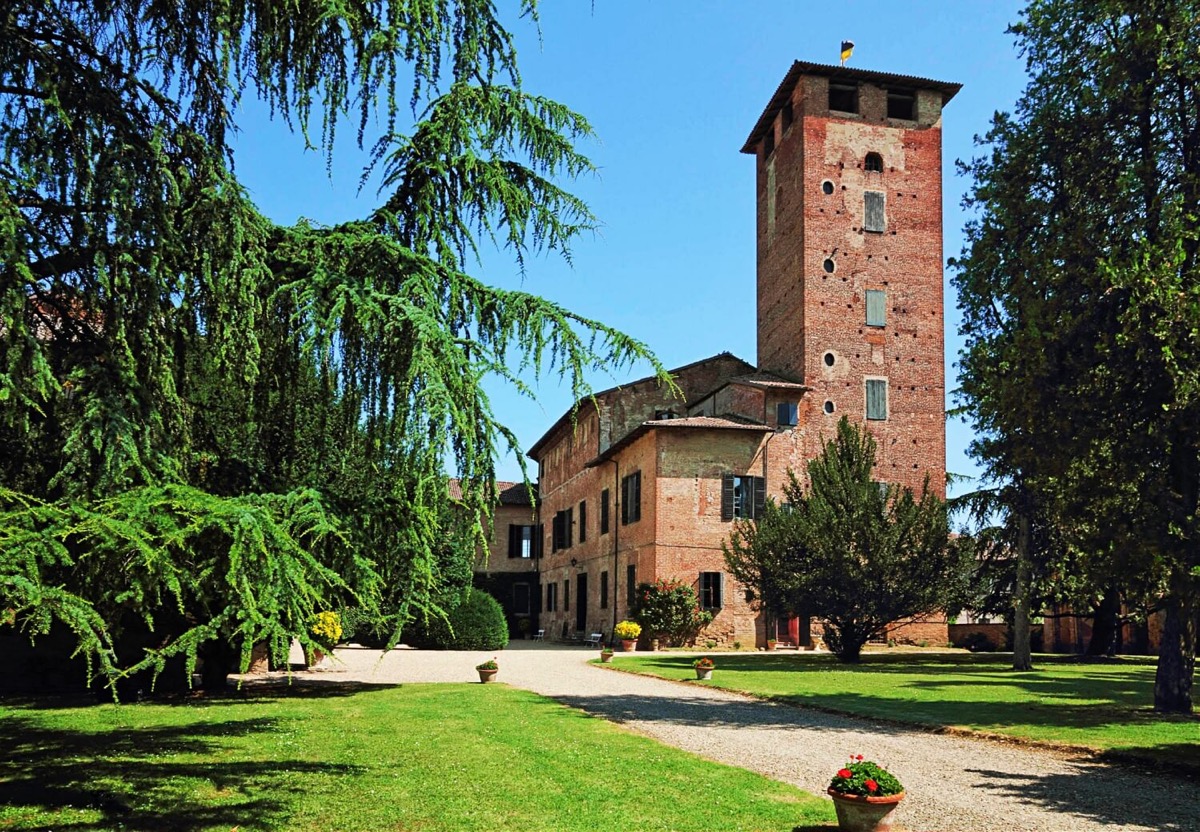
Castello di Sarmato
Provincia di Piacenza
10.6km
castle, chateau
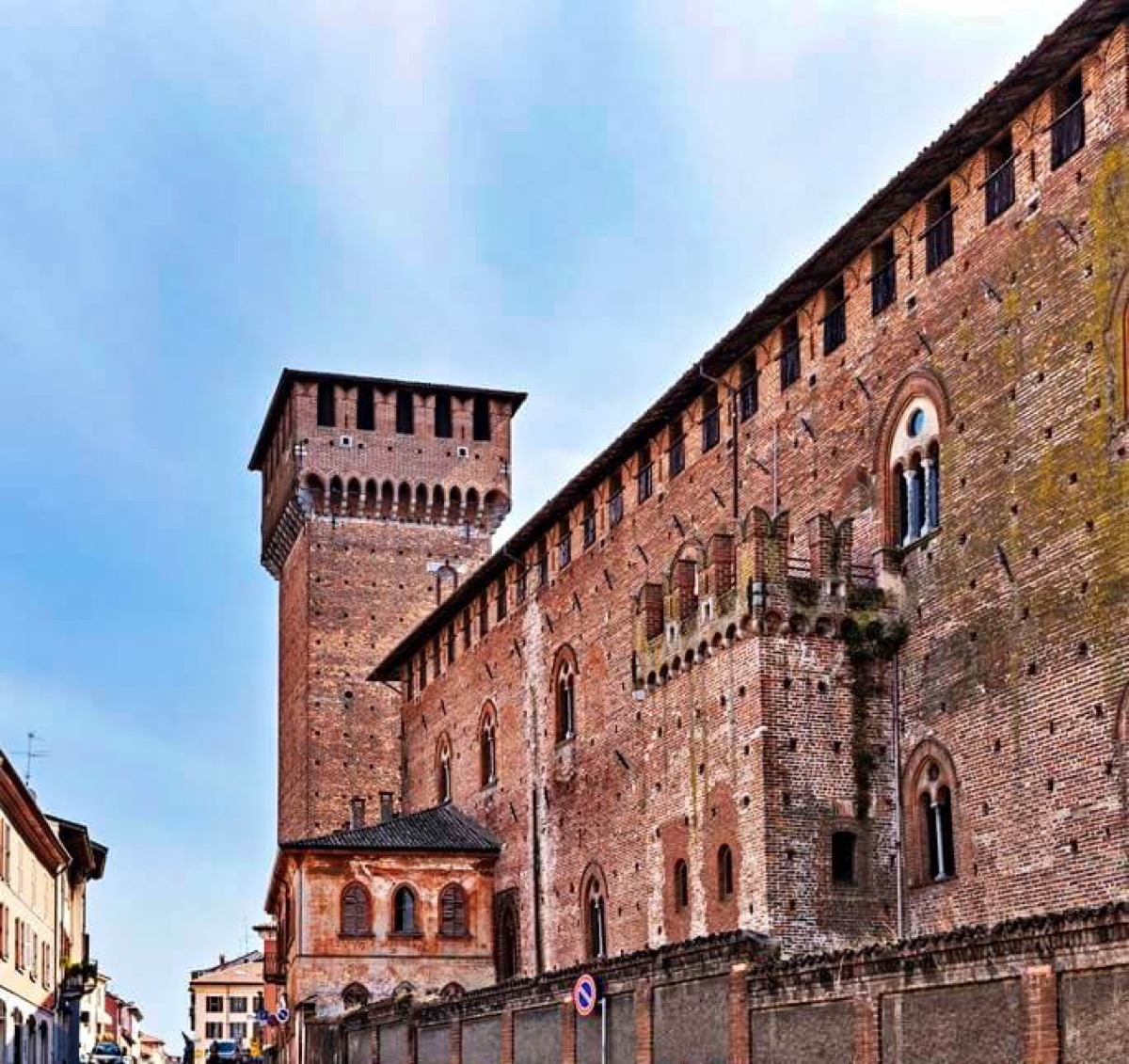
Castello di Sant'Angelo Lodigiano
Provincia di Lodi
11.4km
castle, chateau
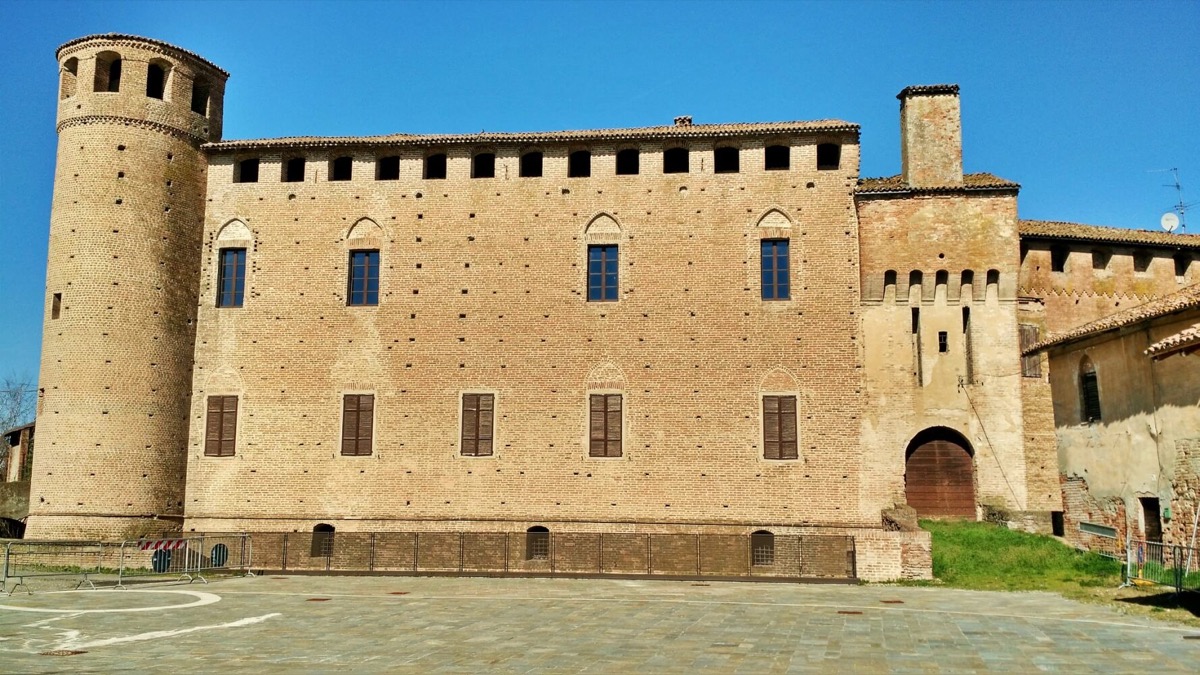
Castello di Calendasco
Provincia di Piacenza
11.7km
castle, chateau
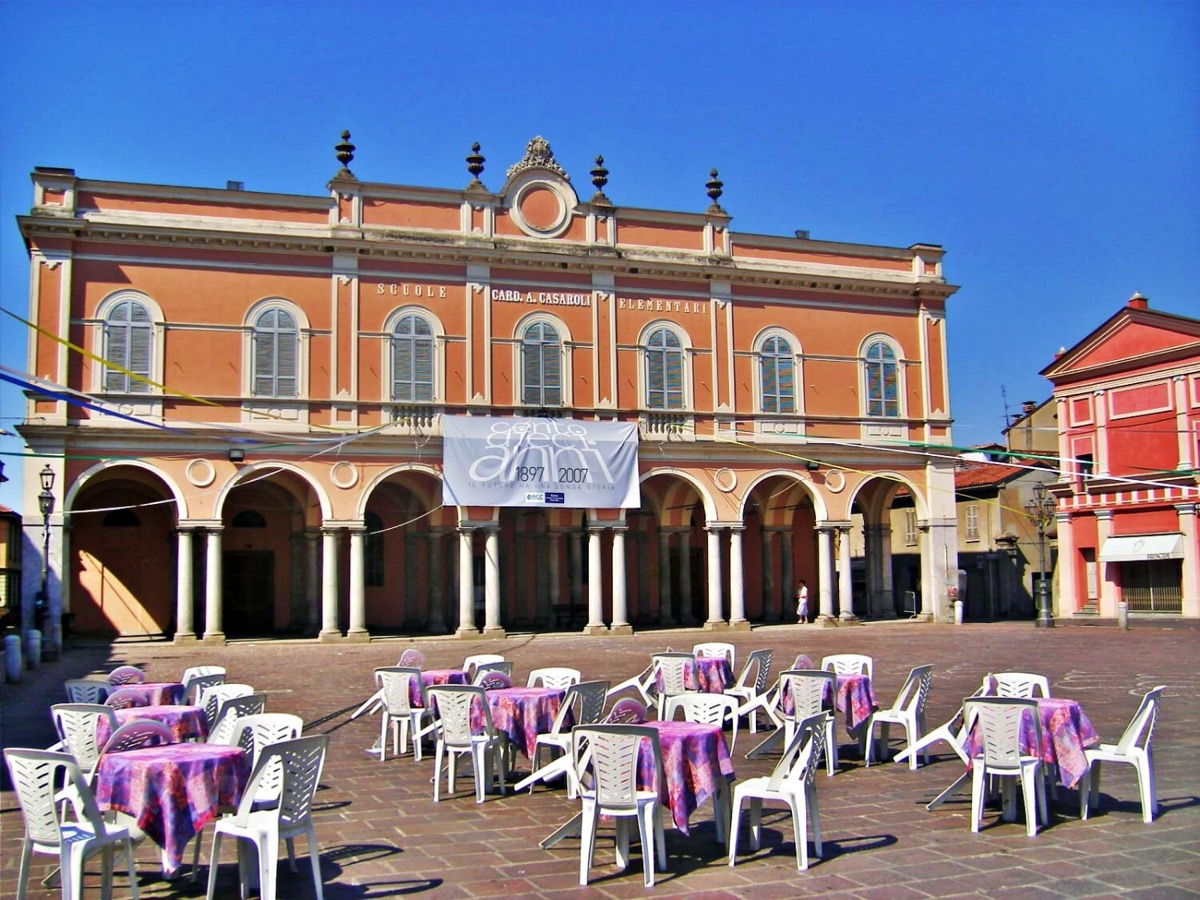
Castel San Giovanni
Provincia di Piacenza
12.7km
castle, chateau
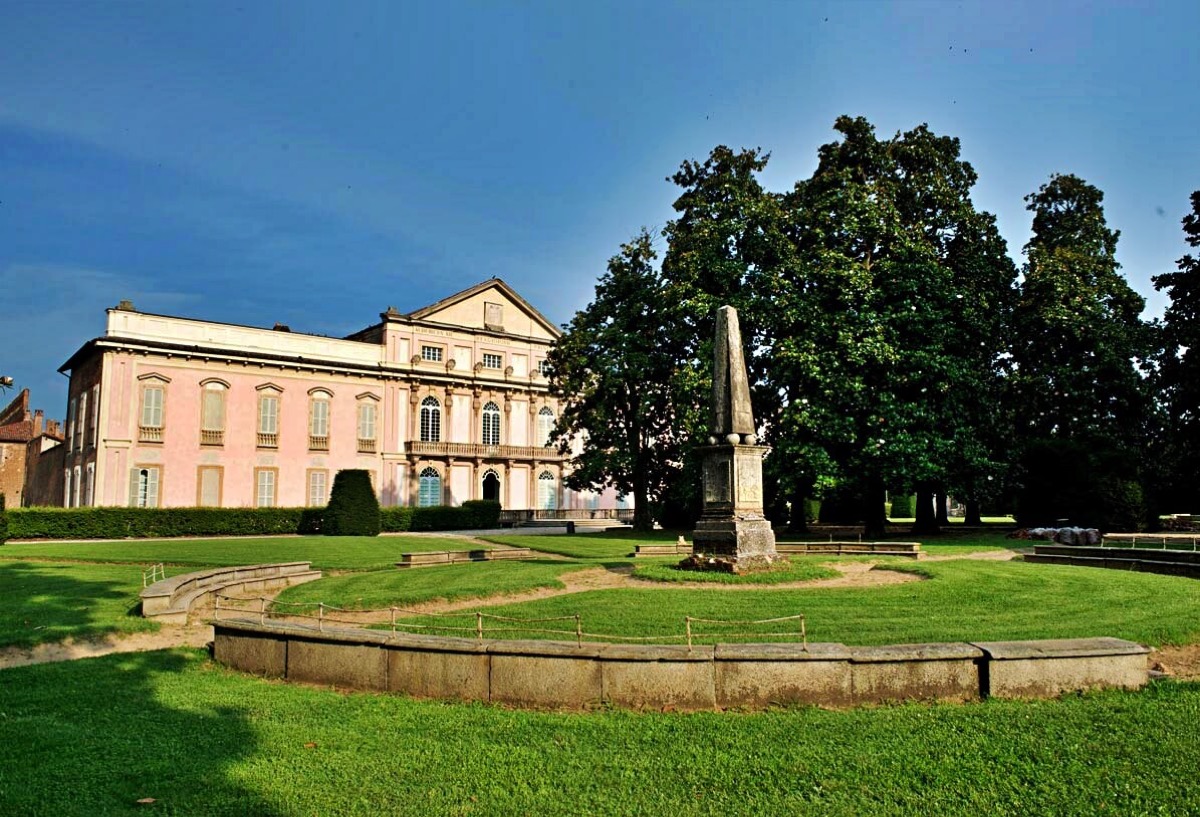
Castello di Belgioioso
Provincia di Pavia
14.1km
castle, chateau
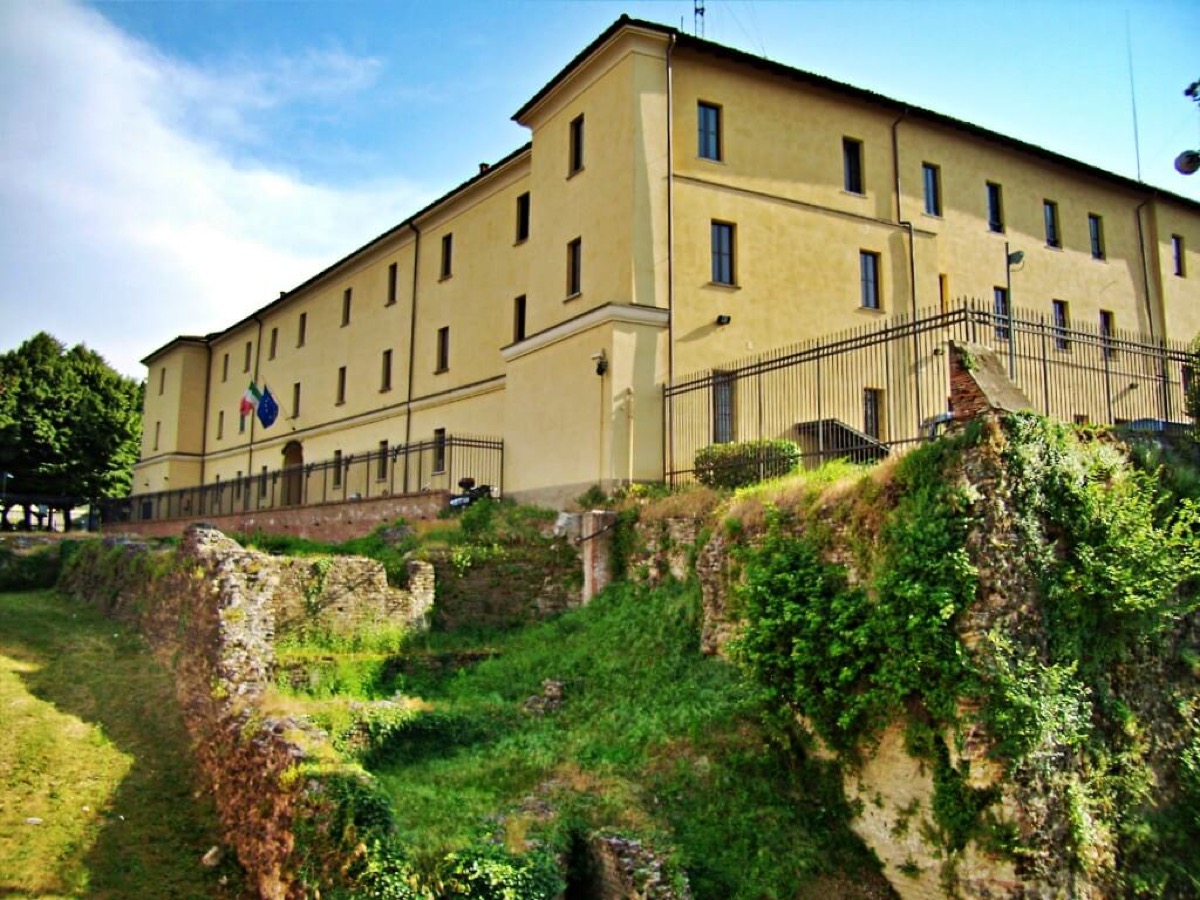
Castello Visconteo (Lodi)
Provincia di Lodi
17.4km
castle, chateau
